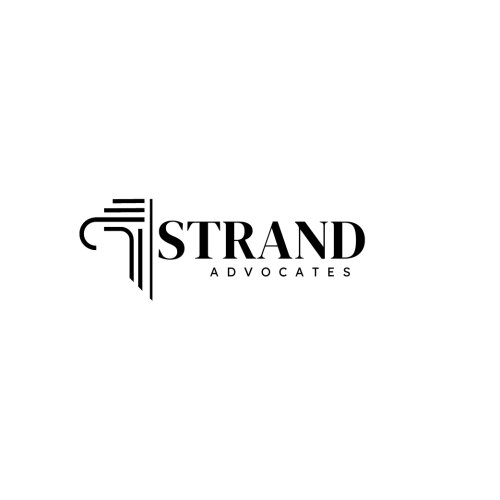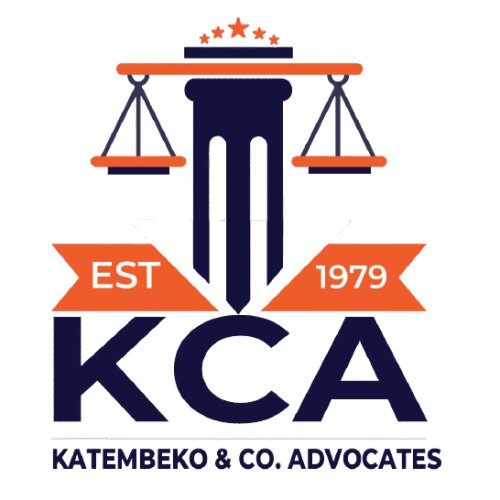Best Housing, Construction & Development Lawyers in Kampala
Share your needs with us, get contacted by law firms.
Free. Takes 2 min.
Free Guide to Hiring a Real Estate Lawyer
List of the best lawyers in Kampala, Uganda
About Housing, Construction & Development Law in Kampala, Uganda
Housing, Construction & Development Law in Kampala, Uganda is composed of numerous legislations, policies and regulations that govern land acquisition, land tenure, housing development, construction operations and urban planning. Fundamentals of this law include the constitutional rights to own property, the legal interpretation of land ownership and construction terms, the enforcement of contractual obligations, and regulation of construction practices to ensure safety, quality and compliance with environmental conservation.
Why You May Need a Lawyer
There are several situations where you may require legal help in Housing, Construction & Development. These situations include: property disputes, land acquisitions, drafting and reviewing contracts (sale agreements, construction contracts etc.), dealing with construction permits and licenses, settling disputes involving construction defects, address registration problems, handling eviction cases or dealing with real estate transactions. A good lawyer can guide you through the complicated processes, ensure that your rights are protected, and help you avoid potential legal pitfalls.
Local Laws Overview
Key aspects of local laws include the Land Act which regulates land tenure systems, use, and management of land; the Physical Planning Act which directs all urban development, zoning and land use; the Building Control Act which regulates building works and the National Environmental Act which addresses the environmental conservation during construction. Moreover, Kampala City Council Authority has specific ordinances and regulations that directly govern housing, construction and development within the city.
Frequently Asked Questions
1. Can foreigners own property in Kampala, Uganda?
Yes, foreigners can own property in Uganda, including Kampala. However, this ownership is leasehold in tenure according to the Constitution of Uganda, Land Act and the Registration of Titles Act.
2. What are the major construction permits required for property development?
The key permits required are the Building Permit, Occupation Permit and Environmental Impact Assessment Certificate.
3. Is there affordable housing policy in Kampala?
Yes, the Uganda National Housing Policy outlines the country's commitment to provide affordable housing for all, including in Kampala.
4. How is land zoning regulated in Kampala?
Land zoning in Kampala is regulated by the Physical Planning Act and the Kampala Physical Planning Scheme prepared by Kampala City Council Authority (KCCA).
5. Can I lodge a complaint against a construction company?
If you face any issues with a construction company such as defaults or delays, you can lodge a complaint with the relevant authorities like the KCCA, National Building Review Board, or the courts of justice.
Additional Resources
For additional information or assistance, you can contact or visit the Kampala Capital City Authority (KCCA), the Ministry of Lands, Housing & Urban Development, the National Environment Management Authority (NEMA), and Uganda Law Society.
Next Steps
If you need legal assistance in Housing, Construction & Development, you should look for a lawyer who specializes in this field. Prepare all the necessary documents, outline your situation clearly and comprehensively, and maintain consistent communication with your attorney. Also, it is advisable to stay informed about any updates in the relevant laws to avoid any inadvertent legal contraventions.
Lawzana helps you find the best lawyers and law firms in Kampala through a curated and pre-screened list of qualified legal professionals. Our platform offers rankings and detailed profiles of attorneys and law firms, allowing you to compare based on practice areas, including Housing, Construction & Development, experience, and client feedback.
Each profile includes a description of the firm's areas of practice, client reviews, team members and partners, year of establishment, spoken languages, office locations, contact information, social media presence, and any published articles or resources. Most firms on our platform speak English and are experienced in both local and international legal matters.
Get a quote from top-rated law firms in Kampala, Uganda — quickly, securely, and without unnecessary hassle.
Disclaimer:
The information provided on this page is for general informational purposes only and does not constitute legal advice. While we strive to ensure the accuracy and relevance of the content, legal information may change over time, and interpretations of the law can vary. You should always consult with a qualified legal professional for advice specific to your situation.
We disclaim all liability for actions taken or not taken based on the content of this page. If you believe any information is incorrect or outdated, please contact us, and we will review and update it where appropriate.















